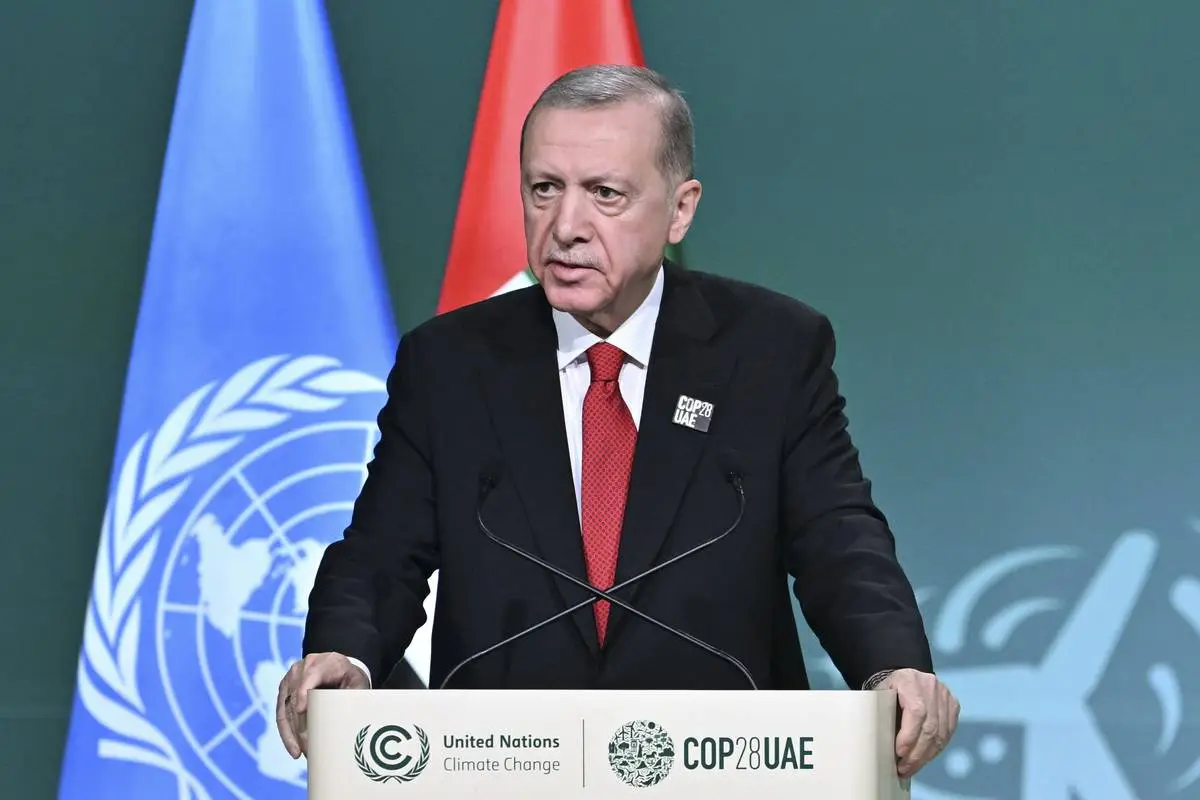In a strategic diplomatic move, Turkish President Recep Tayyip Erdogan has thrown the spotlight on the intertwined issues of F-16 sales and Sweden’s NATO accession. Erdogan expressed his expectation for action from the US Congress on the sale of F-16 fighter jets to Turkey before the Turkish parliament can ratify Sweden’s NATO membership bid. This move adds another layer of complexity to the already intricate web of international relations.
Erdogan’s statement came in response to delays in the Turkish parliament’s foreign affairs commission vote on Sweden’s NATO bid. While the process was already facing hurdles, Erdogan’s linking of the F-16 sale to Sweden’s NATO aspirations introduces a new dynamic to the situation.
The Turkish president urged the US Congress to pass the F-16 sales, stating, “As the president, I’ve done my part, but I have an expectation as well. The US should pass this [F-16 sales to Turkey] from its Congress, so that we can take these steps simultaneously.” However, uncertainty looms over when the US Congress will proceed with the plan, despite President Joe Biden’s support for the sale.
The intricacies of this diplomatic puzzle are heightened by Turkey’s demand for Sweden to take stronger actions against Kurdish armed groups. Ankara has emphasized the need for Sweden to rein in local members of the Kurdistan Workers’ Party (PKK), a group classified as “terrorist” by Turkey, the European Union, and the United States.
The backdrop of this diplomatic maneuvering includes Sweden’s NATO membership bid, which, if approved, requires unanimous support from all NATO members. While Finland’s accession was endorsed in April, Turkey and Hungary have yet to greenlight Sweden’s application, contributing to the prolonged process in Ankara.
Erdogan’s remarks come on the heels of Sweden signing a defense cooperation agreement with the United States. This agreement grants the US access to all of Sweden’s military bases, reinforcing regional security. However, the broader context suggests a complex interplay of regional dynamics, historical tensions, and the evolving landscape of NATO alliances.
As Erdogan embarks on a visit to Greece, a historic rival, the diplomatic landscape in the region becomes even more intriguing. Joint Cabinet talks, trade consultations, and a “positive agenda” seek to foster cooperation between Turkey and Greece, NATO allies with a history of tension. Against the backdrop of longstanding disputes, the leaders aim to rebuild trust and convey a message of collaboration, particularly in the volatile eastern Mediterranean.
In this intricate geopolitical dance, Erdogan’s expectations from the US Congress on the F-16 sale act as a diplomatic wildcard, adding uncertainty to an already complex situation. As regional powers navigate these diplomatic waters, the fate of Sweden’s NATO accession remains uncertain, highlighting the delicate balance in international relations.















